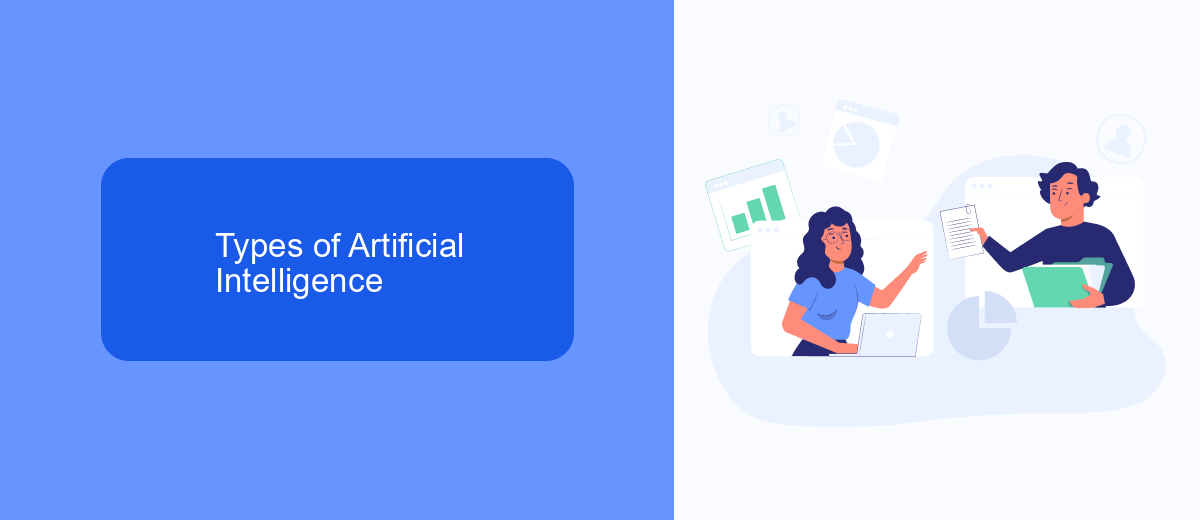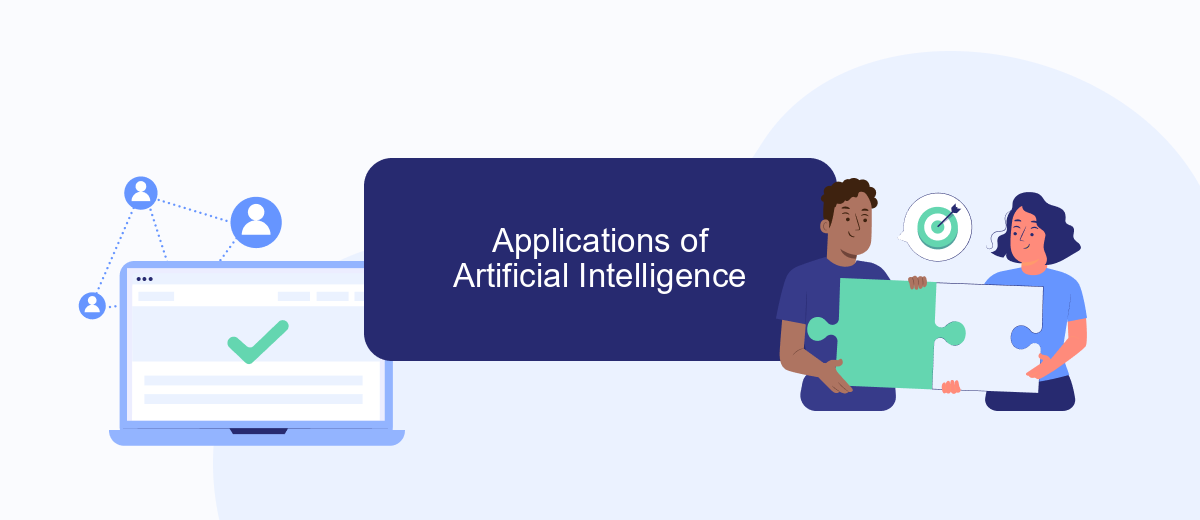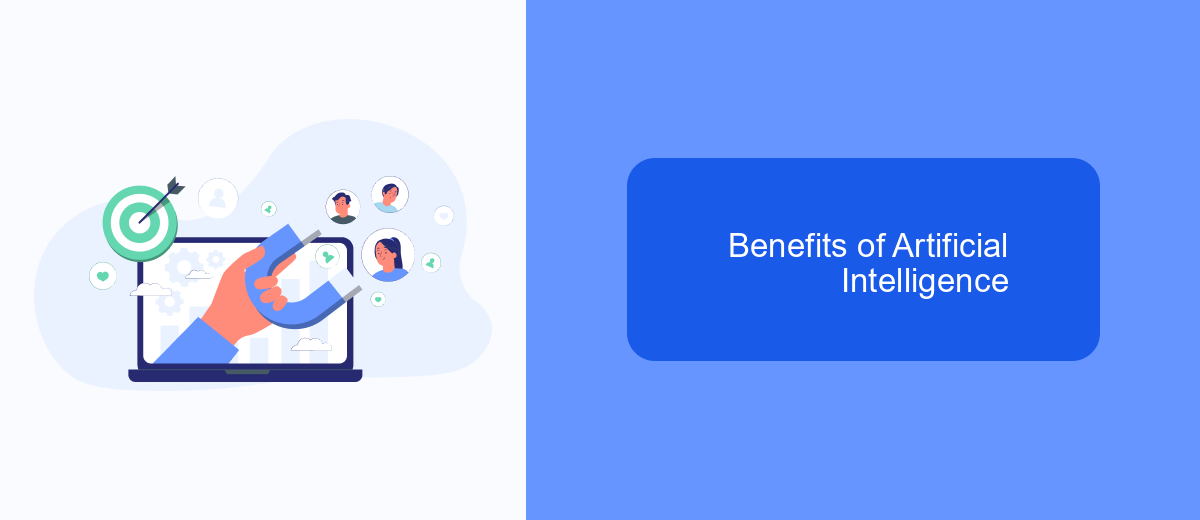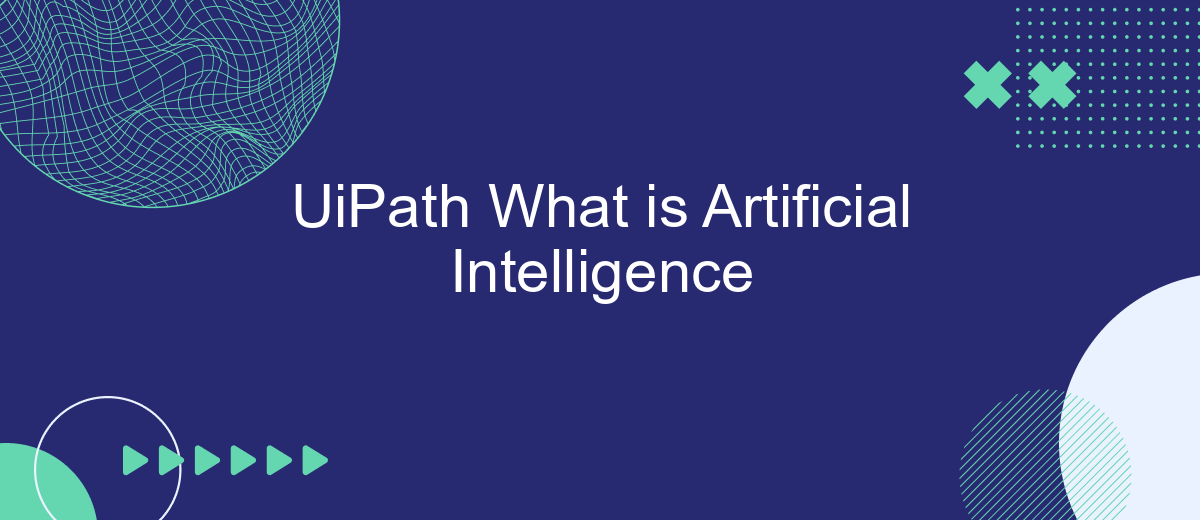Artificial Intelligence (AI) has revolutionized the way we interact with technology, automating complex tasks and enhancing decision-making processes. UiPath, a leader in robotic process automation (RPA), integrates AI to streamline workflows and boost productivity. This article delves into the essence of AI, its transformative impact, and how UiPath leverages this technology to create smarter automation solutions.
What is Artificial Intelligence?
Artificial Intelligence (AI) refers to the simulation of human intelligence in machines that are programmed to think and learn like humans. These intelligent systems are capable of performing tasks that typically require human intelligence, such as visual perception, speech recognition, decision-making, and language translation.
- Machine Learning: A subset of AI that allows systems to learn and improve from experience without being explicitly programmed.
- Natural Language Processing: Enables machines to understand and respond to human language.
- Robotics: Involves the design and creation of robots that can perform tasks autonomously.
- Computer Vision: Allows machines to interpret and make decisions based on visual data.
AI technology is rapidly evolving and has numerous applications across various industries, from healthcare to finance. Integrating AI solutions can be streamlined using services like SaveMyLeads, which helps automate and connect different platforms, making data transfer and workflow automation more efficient. This integration capability enhances the overall functionality and effectiveness of AI-driven systems.
Types of Artificial Intelligence

Artificial Intelligence (AI) can be broadly classified into three main types: Narrow AI, General AI, and Superintelligent AI. Narrow AI, also known as Weak AI, is designed to perform specific tasks such as speech recognition, image processing, and recommendation systems. It operates under a limited set of constraints and is highly effective within its domain. Examples include virtual assistants like Siri and Alexa, and specialized platforms like SaveMyLeads, which automates lead management processes by integrating various services seamlessly.
General AI, or Strong AI, refers to systems that possess the ability to understand, learn, and apply knowledge across a wide range of tasks at a level comparable to human intelligence. This type of AI remains largely theoretical and is the subject of ongoing research. Superintelligent AI, the most advanced form, surpasses human intelligence in all aspects, including creativity, problem-solving, and emotional understanding. While this type of AI is still in the realm of science fiction, its potential implications are both exciting and concerning, prompting discussions about ethical considerations and safety measures.
Applications of Artificial Intelligence

Artificial Intelligence (AI) has transformed various industries by automating processes, enhancing decision-making, and improving customer experiences. Its applications are diverse and continue to expand as technology advances.
- Healthcare: AI is used for diagnosing diseases, personalizing treatment plans, and predicting patient outcomes.
- Finance: AI helps in fraud detection, risk management, and algorithmic trading.
- Customer Service: AI-powered chatbots and virtual assistants provide 24/7 customer support.
- Marketing: AI analyzes consumer behavior to create targeted advertising campaigns and optimize marketing strategies.
- Integration Services: Tools like SaveMyLeads automate the integration of various apps and services, making data synchronization seamless and efficient.
AI's potential is vast, and its applications are only limited by our imagination. From improving medical diagnostics to streamlining business processes, AI continues to revolutionize the way we live and work. As more industries adopt AI technologies, the benefits will become even more pronounced, driving innovation and efficiency across the board.
Benefits of Artificial Intelligence

Artificial Intelligence (AI) has revolutionized various industries by providing innovative solutions to complex problems. Its ability to analyze large datasets, learn from patterns, and make decisions with minimal human intervention has made it indispensable in today's technological landscape.
One of the primary benefits of AI is its efficiency in automating repetitive tasks. This not only saves time but also reduces the likelihood of human error. For businesses, integrating AI into their operations can lead to significant cost savings and improved productivity.
- Enhanced decision-making through data analysis
- Improved customer experiences with personalized interactions
- Increased operational efficiency and automation
- Advanced predictive analytics for better forecasting
Moreover, AI can seamlessly integrate with various services to streamline processes. For instance, platforms like SaveMyLeads can automate lead management by connecting different applications, ensuring that businesses can focus on growth rather than manual data entry. The combination of AI and integration services enhances overall business performance and drives innovation.
Challenges of Artificial Intelligence
Artificial Intelligence (AI) presents numerous challenges that can hinder its development and implementation. One of the primary issues is the lack of transparency in AI algorithms, often referred to as the "black box" problem. This opacity makes it difficult for developers and users to understand how AI systems make decisions, potentially leading to mistrust and ethical concerns. Additionally, AI systems require vast amounts of data to function effectively, raising issues related to data privacy and security. Ensuring that data is collected and used responsibly is crucial, but it can be challenging to navigate the complex legal and ethical landscape surrounding data usage.
Another significant challenge is integrating AI into existing systems and workflows. Many organizations struggle with the technical and logistical aspects of AI integration, which can be time-consuming and costly. Services like SaveMyLeads can help streamline this process by automating lead data transfers between various platforms, reducing the manual effort required and minimizing errors. Furthermore, the rapid pace of AI development means that continuous learning and adaptation are necessary to keep up with new advancements, which can be resource-intensive. Addressing these challenges requires a balanced approach that considers both the technical and human factors involved in AI deployment.
FAQ
What is Artificial Intelligence (AI)?
How is AI used in UiPath?
What are the benefits of integrating AI with RPA?
How can I get started with AI in UiPath?
What is SaveMyLeads and how does it relate to AI in automation?
Are you using Facebook Lead Ads? Then you will surely appreciate our service. The SaveMyLeads online connector is a simple and affordable tool that anyone can use to set up integrations for Facebook. Please note that you do not need to code or learn special technologies. Just register on our website and create the necessary integration through the web interface. Connect your advertising account with various services and applications. Integrations are configured in just 5-10 minutes, and in the long run they will save you an impressive amount of time.
